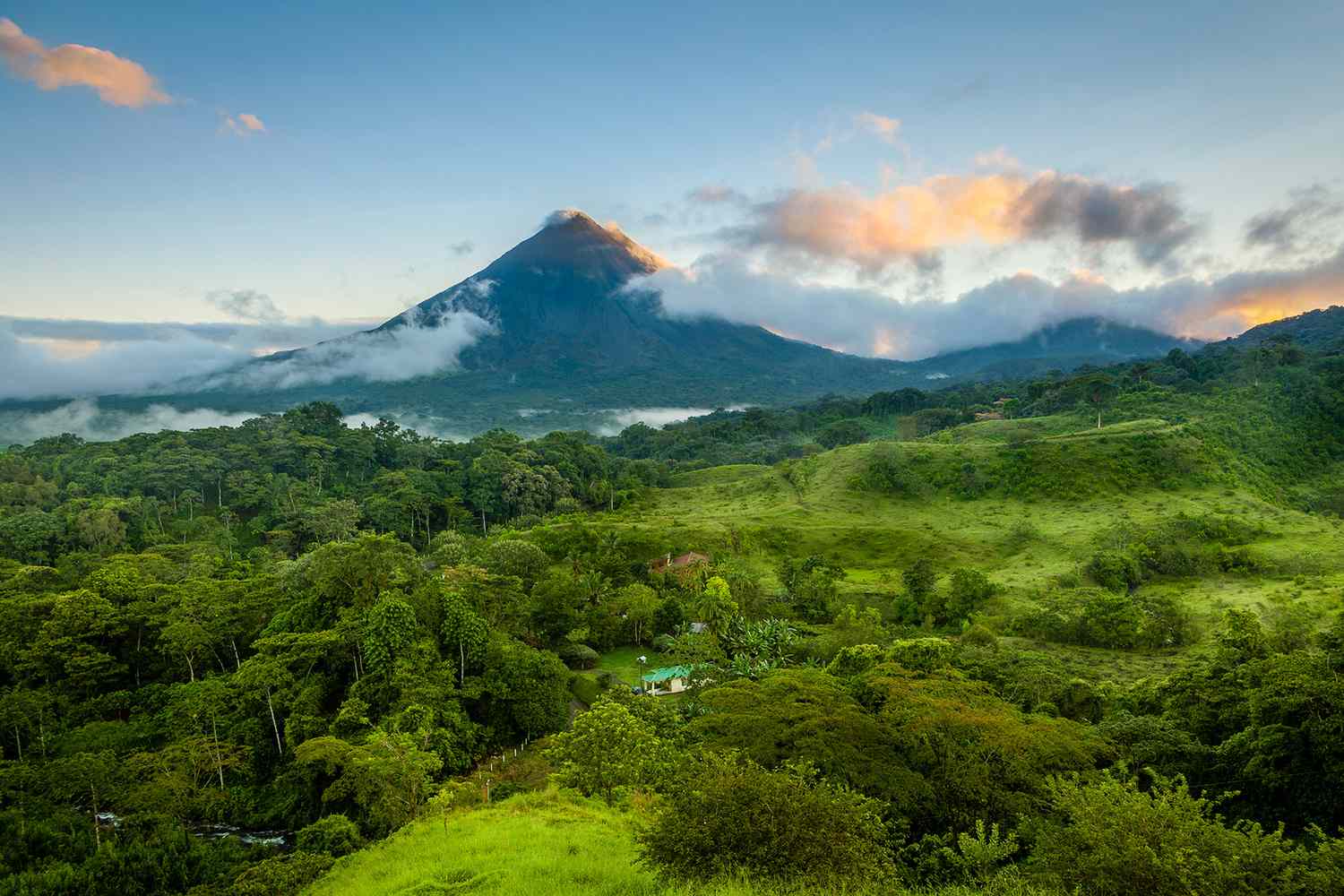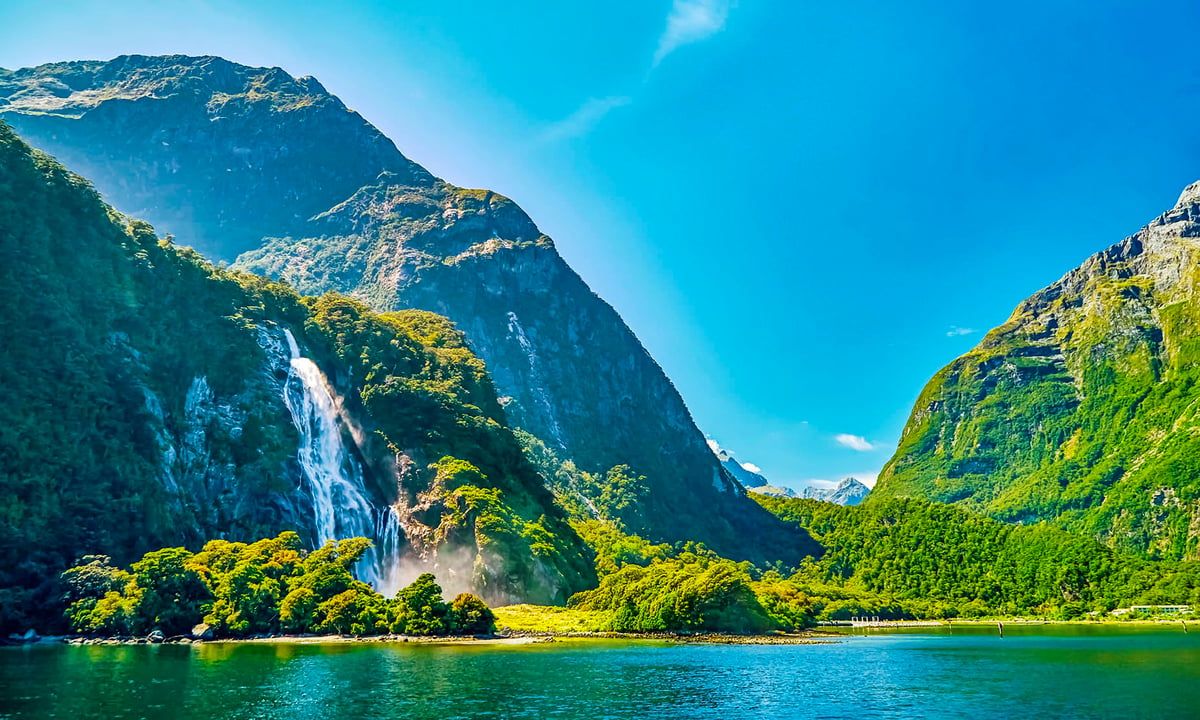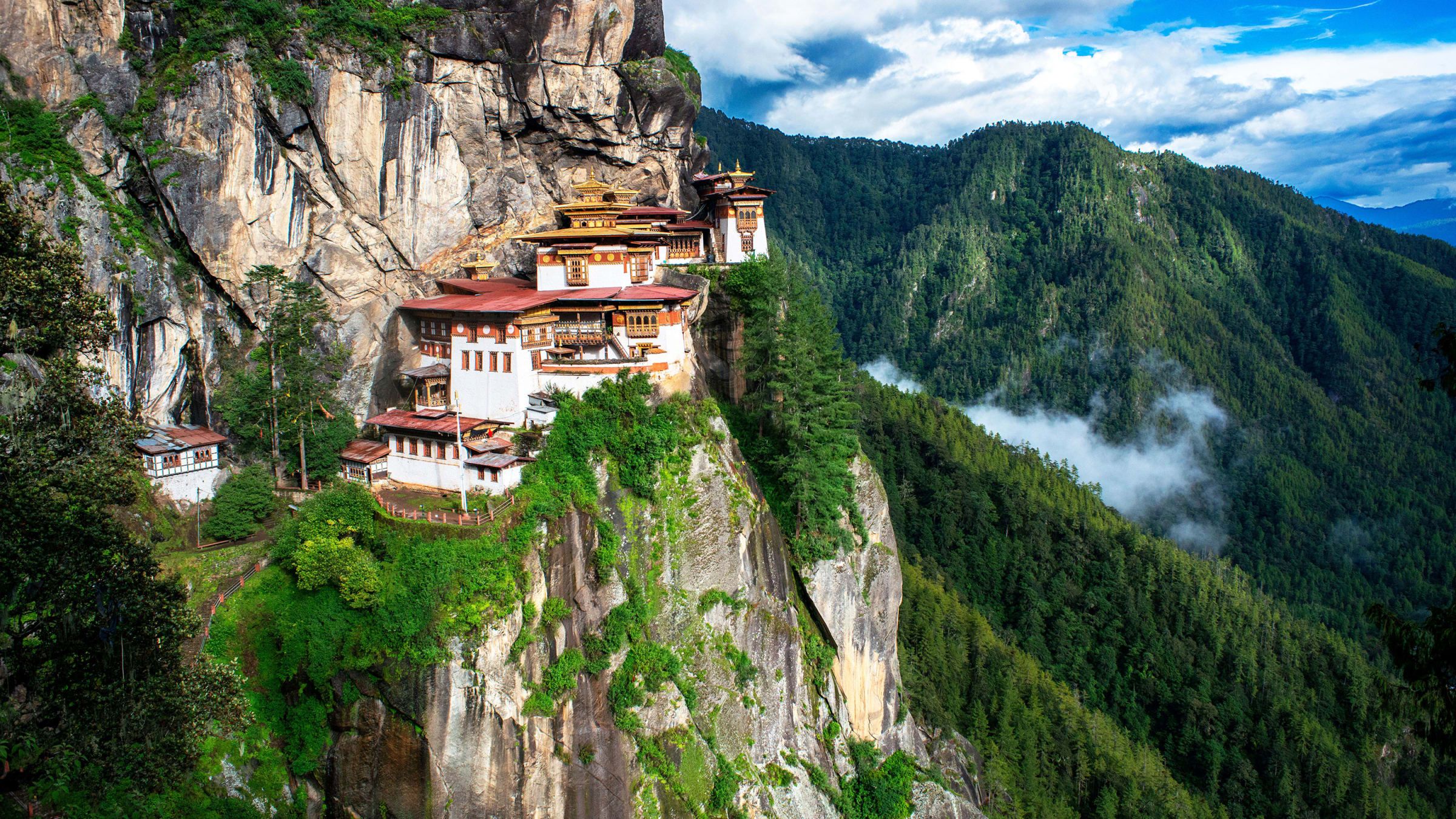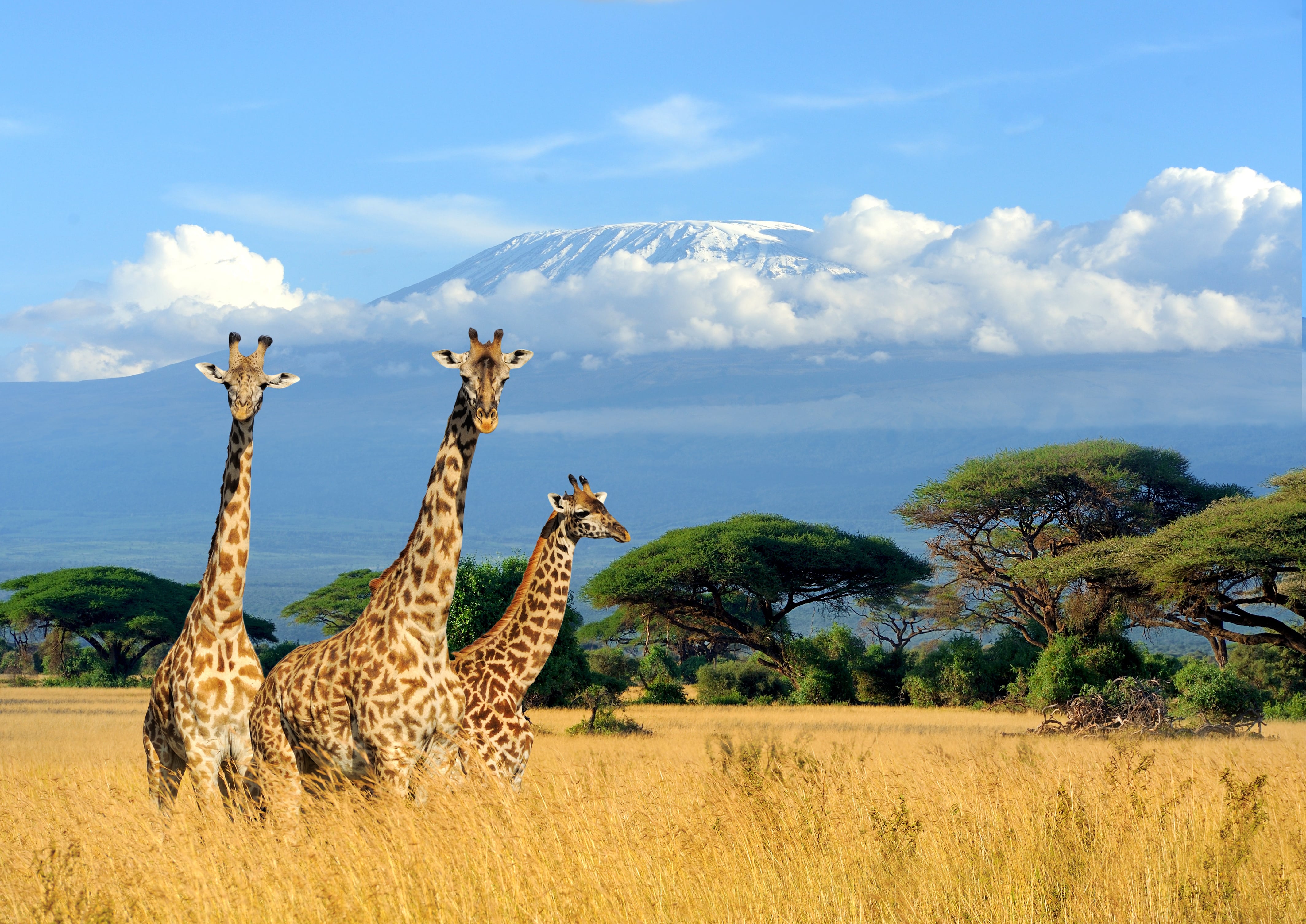Eco-Tourism: Sustainable Destinations and Practices for the Conscious Traveler
In an age where climate change and environmental conservation are at the forefront of global discussions, the way we travel is evolving. Eco-tourism, a responsible approach to exploring the world, emphasizes the preservation of nature and the well-being of local communities. Let's dive into some of the world's top eco-tourism destinations and the sustainable practices that make them stand out.

Costa Rica: The Pioneers of Eco-Tourism
Costa Rica, with its rich biodiversity and commitment to conservation, is often hailed as the poster child for eco-tourism. Over a quarter of its land is protected, and it's home to a staggering 5% of the world's biodiversity. Travelers can explore the Monteverde Cloud Forest, witness sea turtles nesting in Tortuguero, or relax in eco-lodges that prioritize sustainability.
Sustainable Practice Highlight: Many lodges in Costa Rica operate on renewable energy, have water-saving measures, and actively participate in reforestation efforts.

New Zealand: Embracing the Maori Philosophy
New Zealand's breathtaking landscapes are matched by its commitment to sustainability. The Maori philosophy of "kaitiakitanga" or guardianship of the environment is deeply ingrained in the country's approach to tourism. Whether you're hiking the Milford Track or exploring the geothermal wonders of Rotorua, the emphasis is on leaving no trace.
Sustainable Practice Highlight: New Zealand promotes the "Tiaki Promise", a commitment by visitors to respect and protect the country's natural resources during their stay.

Bhutan: Carbon Negative and Culturally Rich
Bhutan, the world's only carbon-negative country, offers a unique blend of culture and conservation. The government mandates that 60% of its land remains forested. Tourists pay a daily fee, which goes towards education, healthcare, and conservation efforts.
Sustainable Practice Highlight: Bhutan's "High Value, Low Impact" tourism policy ensures that the number of tourists is limited, reducing environmental strain and ensuring authentic cultural exchanges.

Kenya: Wildlife Conservation and Community Upliftment
Kenya's national parks and conservancies are at the heart of its eco-tourism efforts. The Maasai Mara, Amboseli, and Tsavo parks offer safaris where travelers can witness the majestic Big Five while supporting conservation efforts.
Sustainable Practice Highlight: Community-based tourism initiatives in Kenya ensure that the local Maasai communities benefit directly from tourism, fostering a symbiotic relationship between conservation and economic upliftment.
Eco-Tourism Practices for the Conscious Traveler
- Stay at Eco-Lodges: These accommodations prioritize sustainability, often using renewable energy, sourcing local food, and minimizing waste.
- Support Local Communities: Purchase handicrafts directly from artisans, eat at local eateries, and hire local guides.
- Leave No Trace: Always clean up after yourself, stick to marked trails, and avoid disturbing wildlife.
- Educate Yourself: Understand the local customs, traditions, and environmental challenges of the place you're visiting.
- Offset Your Carbon Footprint: Consider carbon offset programs to neutralize the environmental impact of your flights.
In conclusion, eco-tourism is more than just a trend; it's a commitment to traveling in a way that respects our planet and its inhabitants. By choosing sustainable destinations and adopting responsible practices, we can ensure that the beauty of our world is preserved for generations to come.
Travel responsibly, explore sustainably, and let's make every journey count.